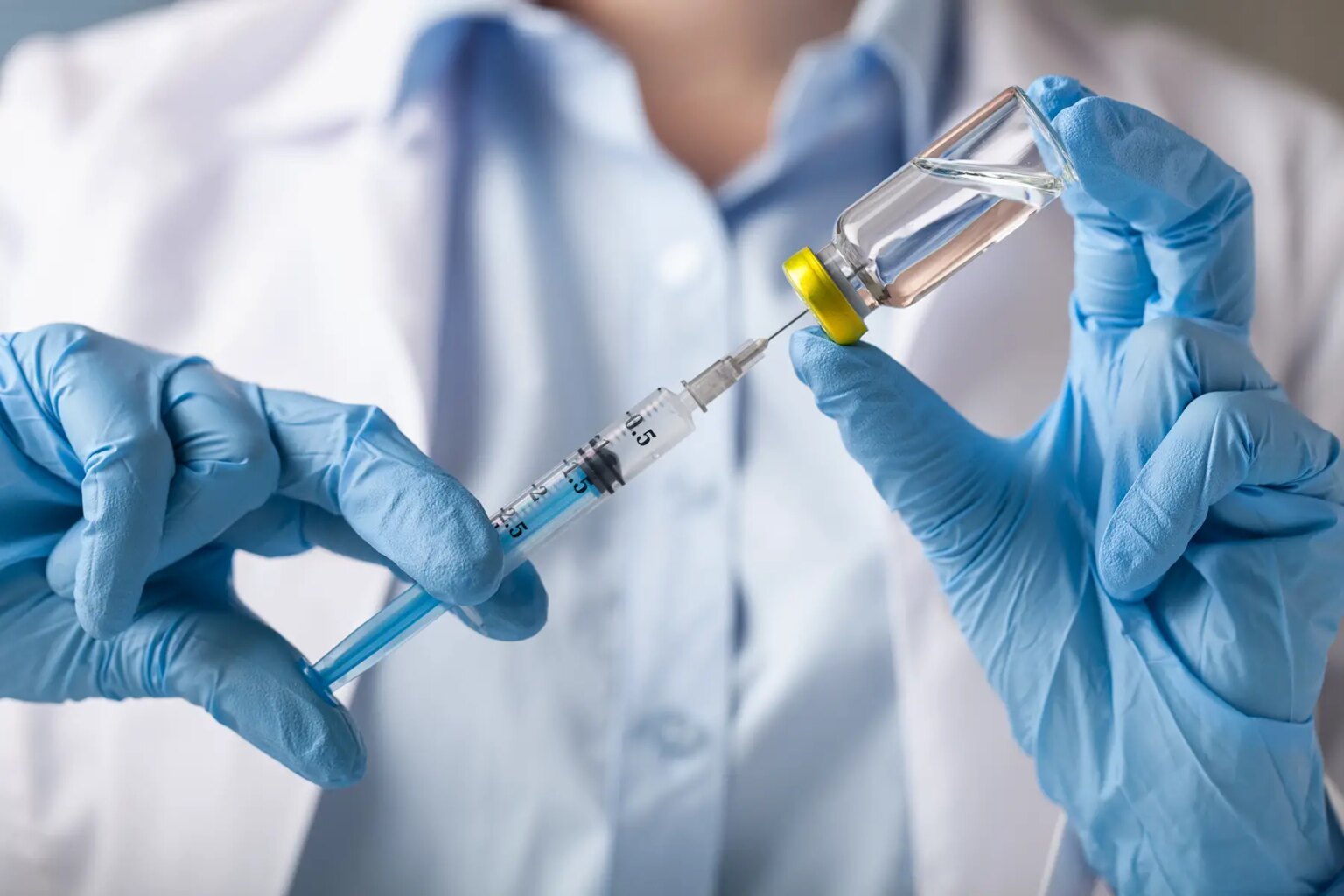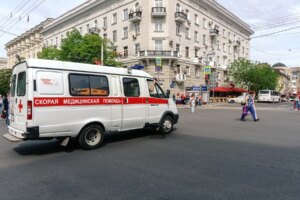Important notice from the Editor in Chief
Maintaining our Russian site is a delicate matter during the war. We have chosen to keep its content online to help our readers, but we cannot ensure that it is accurate and up to date. Our team endeavors to strike the right balance between giving information to those who need it, and respecting the gravity of the situation.
On paper, the vaccination system in Russia is similar to other European countries. However, it’s not always easy to navigate the local requirements in Russian, especially if you can’t read the language. Furthermore, finding information about vaccinations in the country might be nerve-wracking.
So, to help you out, this guide explains everything you need to know about getting your shots in Russia – or those required before you move.
If you are looking for more details about the Russian healthcare system, such as how to register with a Russian doctor or how health insurance works in Russia, take a look at our guide to Russia’s healthcare basics.
Russian vaccination system
The Russian Ministry of Health (министерство здравоохранения in Russian) oversees the Russian healthcare system. There is a wide range of clinics and hospitals in Moscow. The situation is different in rural areas, however, as many towns and villages across the country have no medical infrastructure to speak of.
According to The Moscow Times, Russia struggles to maintain “the threshold percentage of the population that must be immunized for a disease to be kept at bay, generally considered to be between 92 and 95% — for diseases like diphtheria and measles, among others.” The lack of trust in vaccinations is stronger than ever. Local health situations can change quickly; follow local and international news and always ask for the medical opinion of a health specialist.
Insurance for vaccinations in Russia
Health insurance in Russia is free for citizens and residents under the government-run Russian health insurance system. Those who don’t qualify will need to consider private health insurance. Russia’s Obligatory Medical Insurance (OMI) covers most basic treatments, although the Russian healthcare system may not have the best reputation in the world. The quality of care you’ll receive varies drastically across the country, with major cities such as Moscow and Saint Petersburg boasting some of the best hospitals in Russia; however, many rural areas have few or no medical facilities at all.
In addition to this service gap, public healthcare and medical insurance in Russia are suffering from budget cuts resulting in longer waiting times for patients. With this in mind, many expats moving to Russia take out private health insurance or use international insurance to ensure the quality of their healthcare.
Foreigners from the European Union who carry a European Health Insurance Card (EHIC) should check with their home government whether or not they can access healthcare in Russia before traveling or relocating to Moscow. Non-EU citizens need to check if their home country has a reciprocal healthcare agreement with Russia and what they could be entitled to.
Vaccinations for children in Russia
According to the World Health Organization, the vaccination schedule for children in Russia is the following:
- Bacillus Calmette-Guerin: three days, seven years, 14 years
- Dip: every 10 years
- DT (diphtheria, tetanus): three months, 4.5 months, 12 months
- DTwPHep: six months
- HepB: one day, one month, six months
- HIP: six months, seven months
- Influenza: seasonal
- IPV (polio vaccine): three months, 4.5 months
- MMR (mumps, measles, and rubella): one year, six years
- Mumps: one year, six years
- OPV (oral polio vaccine): six months, 18 months, 20 months, 14 years
- Rubella: one year, six years
- Td: 6–7 years, 14 years
Vaccinations are organized through your designated physician. Seek their advice for when and how to vaccinate your child.
An accurate vaccination schedule for your children might be tricky to find online in English or other languages than Russian. We strongly recommend that you seek advice from a health specialist before taking any health-related decision.
COVID-19 vaccination in Russia
COVID-19 vaccines are available free to all Russian citizens at public locations throughout Russia. However, foreigners who want to get vaccinated might be expected to pay ₽1,300 and can only receive their vaccination at certain centers. In addition, Russia currently only offers Russian vaccines, some of which are awaiting approval from the European Medical Association. These are:
- Sputnik V
- EpiVacCorona
- Covivac
For general information about COVID-19 in the country, visit our guide to coronavirus in Russia. You can find out more about vaccine schedules, general health information, and current government restrictions.
Travel vaccinations in Russia
Before going to Russia, make sure that you are up-to-date with your vaccination schedule. These vaccines include measles-mumps-rubella (MMR), diphtheria-tetanus-pertussis, varicella (chickenpox), polio, and, of course, your yearly flu shot. Find more information on the Centers for Disease Control and Prevention.
Vaccinations against hepatitis A, typhoid and immunoglobulin are also recommended. If you’re planning on visiting Siberia, check the precautions for tick-borne encephalitis and Lyme disease.
Mandatory health check-ups for expats
Since 2021, foreign workers in Russia need to undergo regular health check-ups to remain in the country. These tests involve blood tests, urine analyses, and x-rays. They aim to make sure expat workers are free from HIV, infectious diseases, and drug addiction. Read our article on the Russian healthcare system for more information.
Useful resources
Looking for more information about vaccinations in Russia? Check out the following websites:
- The Moscow City Health Department (Департамент здравоохранения города Москвы in Russian)
- The European Medical Center
- World Health Organization work in Russia




